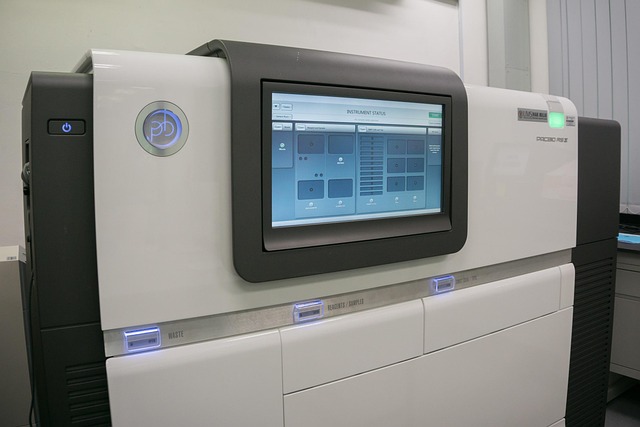Uncovering Healthcare Innovations: The Impact of RNA Sequencing on Health
Innovation in healthcare is not just about new technologies; it’s about enhancing the way we understand and approach health on a molecular level. One of the most significant breakthroughs in genomics is RNA sequencing, a powerful tool that has the potential to revolutionize the way we diagnose and treat diseases.
At its core, RNA sequencing allows scientists and healthcare professionals to explore the intricate world of gene expression in ways that were previously unimaginable. By reading the RNA molecules in cells, we can unlock a wealth of information about how genes are turned on and off, revealing insights into the very foundations of health and disease. This technology brings us closer to personalized medicine, enabling treatments tailored to the unique genetic makeup of each individual.
The Power of RNA Sequencing
Imagine a world where your healthcare provider can analyze a blood sample and identify the molecular markers of a disease at its earliest stages, well before any symptoms appear. This is the promise of RNA sequencing. By examining the RNA profiles in your body, we can gain insights into how specific pathways may lead to illness, providing us with the tools to intervene sooner and more effectively.
This method shines particularly bright in oncology, where understanding the expression of certain genes can influence treatment decisions. For cancer patients, RNA sequencing can reveal which genes are driving tumor growth, allowing oncologists to select targeted therapies that are far more effective than traditional treatments. This innovation doesn’t just aim to treat cancer; it strives to outsmart it.
Beyond Cancer: Broad Applications of RNA Sequencing
The impact of RNA sequencing goes well beyond oncology. In the realm of infectious diseases, this technology plays a crucial role in identifying pathogens and understanding their behaviors. Through RNA sequencing, we can track viral mutations, helping public health officials respond swiftly to outbreaks and tailor vaccines to ensure they are effective against current strains.
Moreover, RNA sequencing enhances our understanding of complex conditions like autoimmune diseases, neurological disorders, and metabolic syndromes. By cataloging the expressions of thousands of genes, researchers can identify patterns that correlate with healthy versus disease states, paving the way for future advancements in preventative measures and therapies.
Ethical Considerations and Future Directions
While the promise of RNA sequencing is undeniable, it also raises important ethical questions. How do we protect sensitive genomic data? What happens if we discover predispositions to diseases for which there are no current treatments? These considerations must guide the way we integrate RNA sequencing into standard healthcare practices.
As we look toward the future, the integration of RNA sequencing into everyday health practices holds tremendous potential. With ongoing advancements in technology and decreases in cost, we may soon see RNA sequencing becoming a routine part of medical check-ups, enabling us to not only treat illnesses but to prevent them before they manifest. This could lead us into a new era of health, where knowledge is power, and awareness is action.
In this rapidly evolving landscape, staying informed about innovations like RNA sequencing is crucial. By embracing these advancements in genomics, we empower ourselves to take control of our health and the health of future generations.




